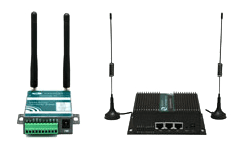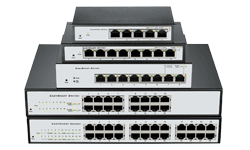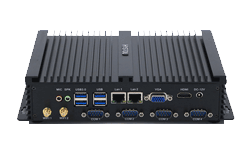Does a 4G router need a SIM card?
4G routers serve as gateways to the internet, utilizing 4G cellular networks to provide internet access to multiple devices simultaneously. With features like Wi-Fi hotspot functionality and Ethernet ports, they cater to diverse connectivity needs in both residential and commercial settings.
The Role of SIM Cards:
At the heart of the debate lies the role of SIM cards in 4G routers. While not all 4G routers mandate the use of a SIM card, many models are designed to accommodate one. The inclusion of a SIM card slot enables direct access to cellular networks, offering users the flexibility to choose their preferred mobile data plan and provider.
Benefits of SIM Card Routers
Opting for a SIM card router presents several advantages, particularly in scenarios where traditional internet infrastructure is unavailable or unreliable. These benefits include:
Mobility: SIM card routers empower users to establish internet connectivity wherever a cellular signal is available, ideal for remote work, travel, or outdoor events.Redundancy: In areas prone to internet outages or disruptions, SIM card routers serve as reliable backup connections, ensuring uninterrupted access to essential online services.
Flexibility: With the ability to switch between different SIM cards and data plans, users can tailor their connectivity solutions to suit their specific needs and budgetary constraints.
In conclusion, while not mandatory, the presence of a SIM card slot in 4G routers enhances their versatility and utility in diverse networking scenarios. Whether facilitating remote work, supporting temporary installations, or providing failover connectivity, SIM card routers offer a compelling solution for staying connected in an increasingly mobile world.

 Networking
Networking EMBEDDED SYSTEMS
EMBEDDED SYSTEMS Switches
Switches Wireless Solutions
Wireless Solutions Industrial Computer
Industrial Computer Cloud Services
Cloud Services




